By Kathy Fork
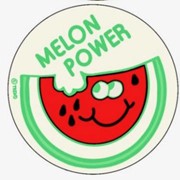
During my research I discovered a lot about creating good habits. One of my favorite productivity tips came from a surprising source…Jerry Seinfeld. Seinfeld told an aspiring comic that to get better, he should write jokes every day. For each day he wrote jokes, he was to mark a big red X on a calendar taped to the wall. As those Xs added up, a chain would appear. “Don’t break the chain!” Seinfeld advised.

I love this method because I’ve found it both simple and effective. Once I’ve set a goal and committed to it for a few days, I really don’t want to break my chain. I’ve used it successfully with diet, exercise, and oh yes, writing. My little twist is to print out free calendars or charts from the internet and then fill them with stickers instead of Xs. I put the chart on my fridge where I can’t avoid seeing it. When I complete my goal for the day, I get a little burst of joy and satisfaction from adding a sticker. It seems like such a small thing, but I’ve found it to be a compelling motivator. Such is the power of the streak (and my inner 80s kid feels like hot stuff)!
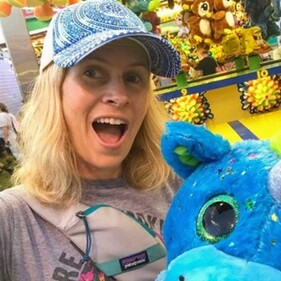
Kathy Fork grew up in the suburban wilds of New Jersey in an old colonial farmhouse where she whiled away many hours reading, drawing, and organizing her sticker collection. A former teacher and school librarian, she recently graduated from the Vermont College of Fine Arts with an MFA in Writing for Children and Young Adults. Kathy currently resides in California with a sticker-loving teen and two spoiled dogs. When she isn’t procrastinating, Kathy writes picture book manuscripts and poetry.
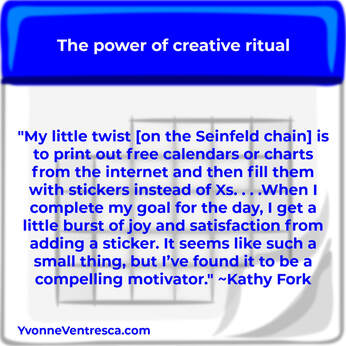


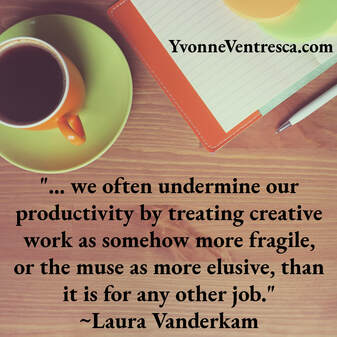
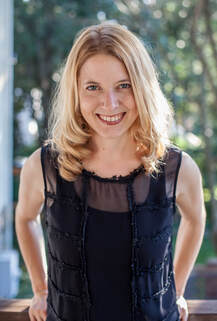
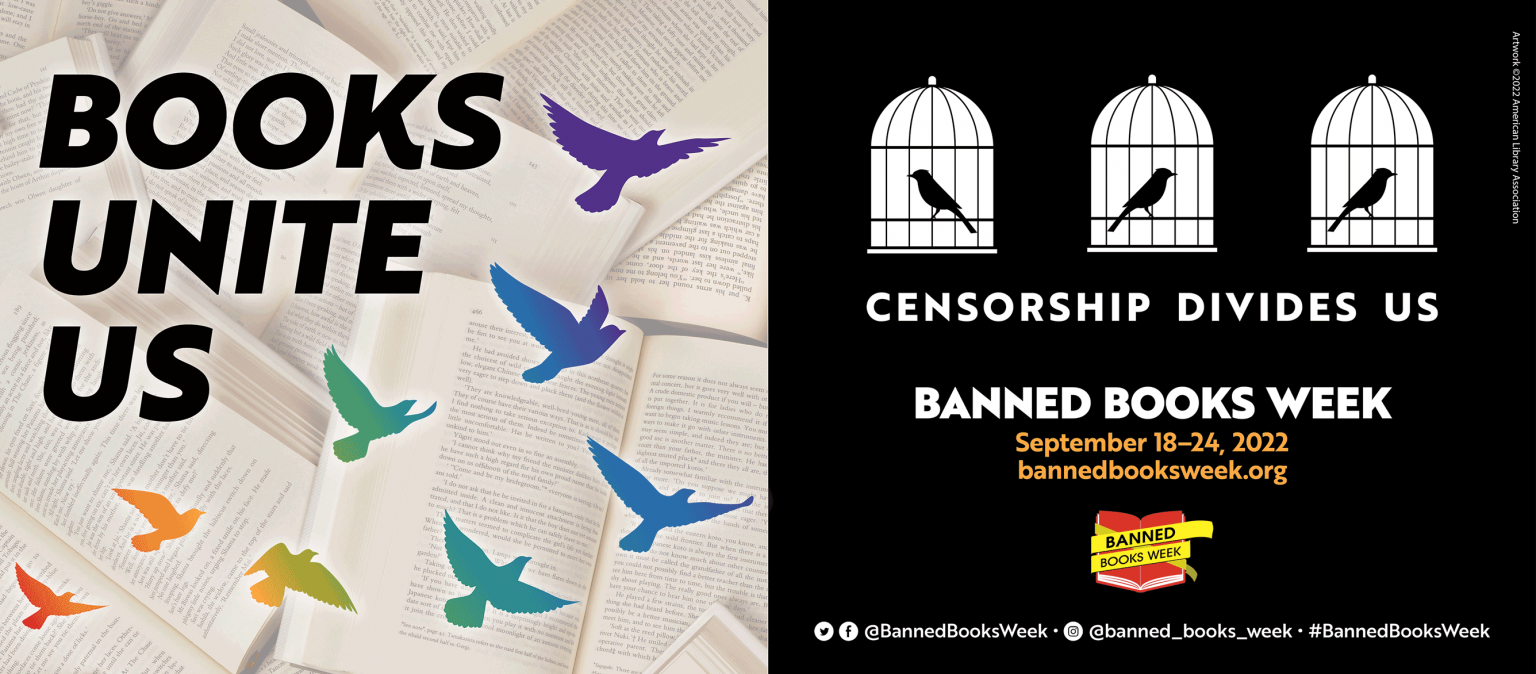
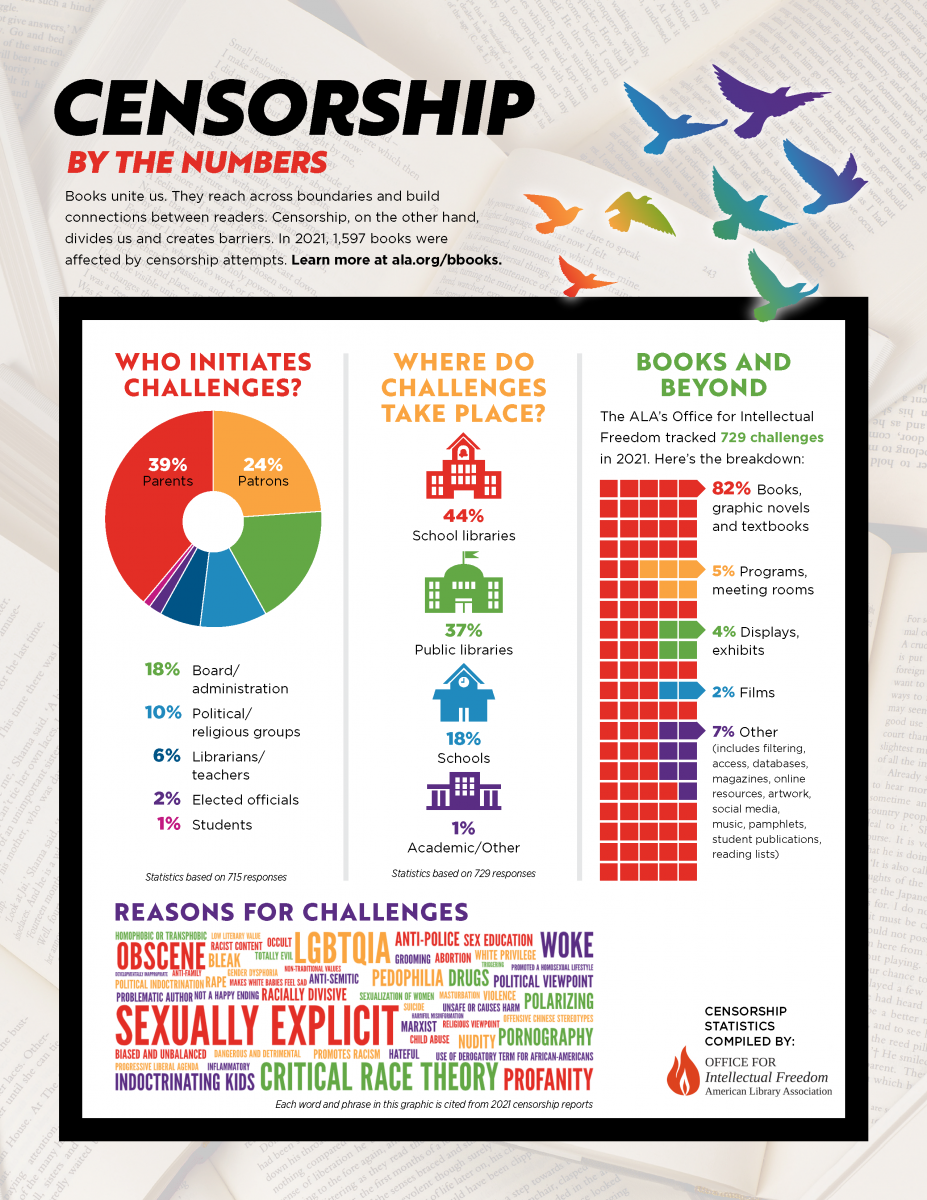
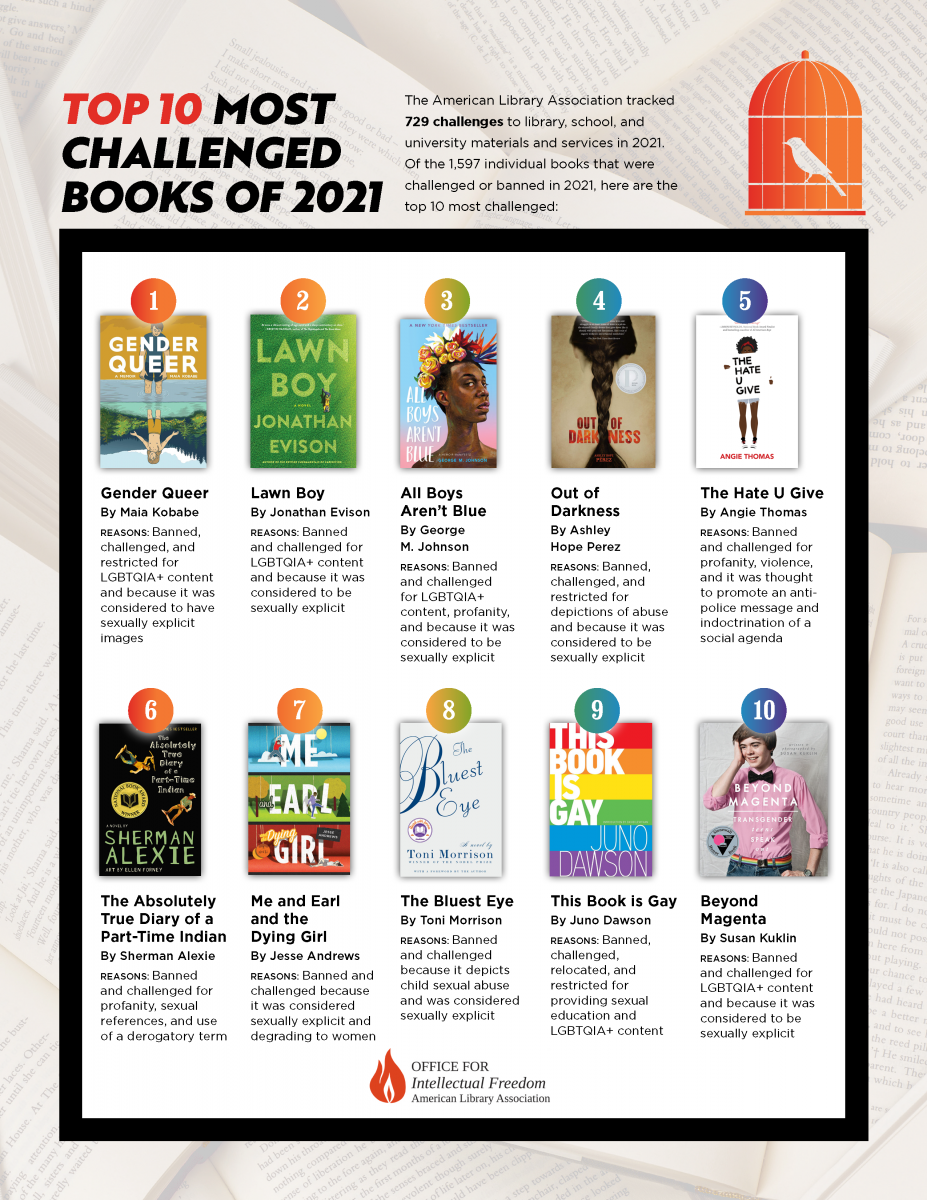
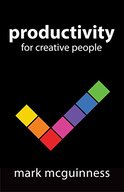
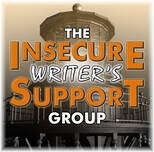

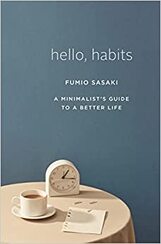
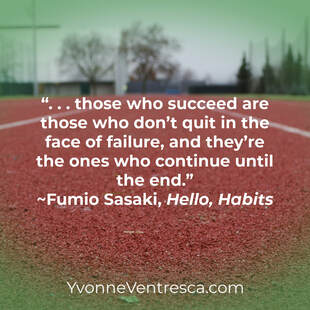

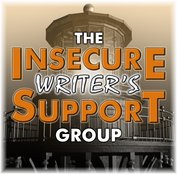
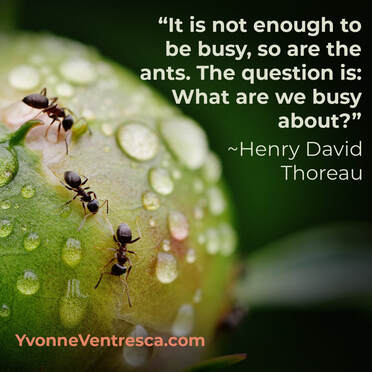
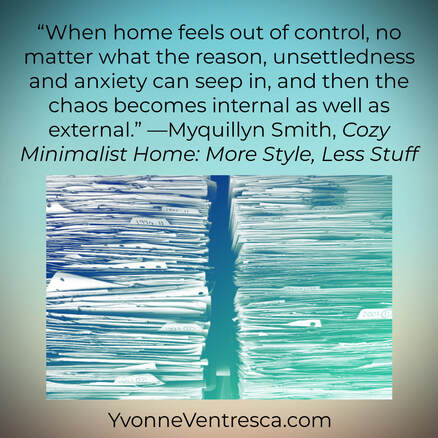
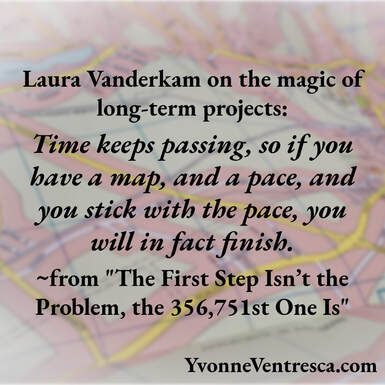
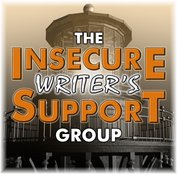


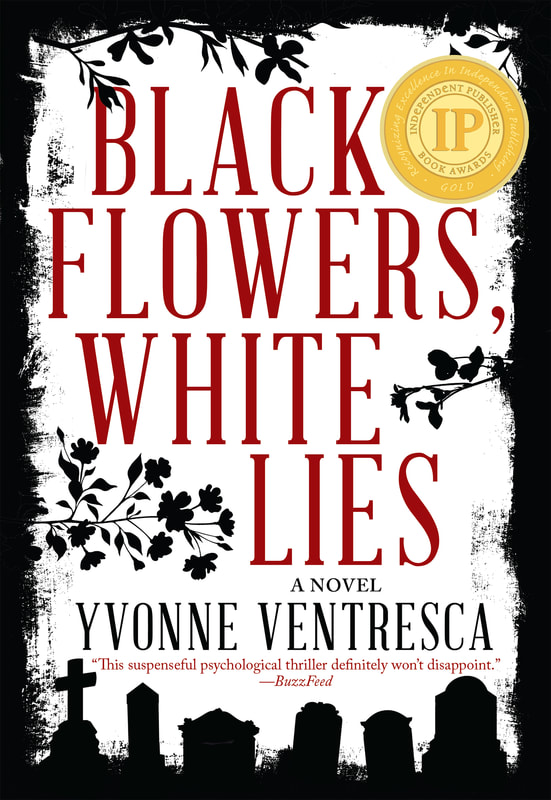
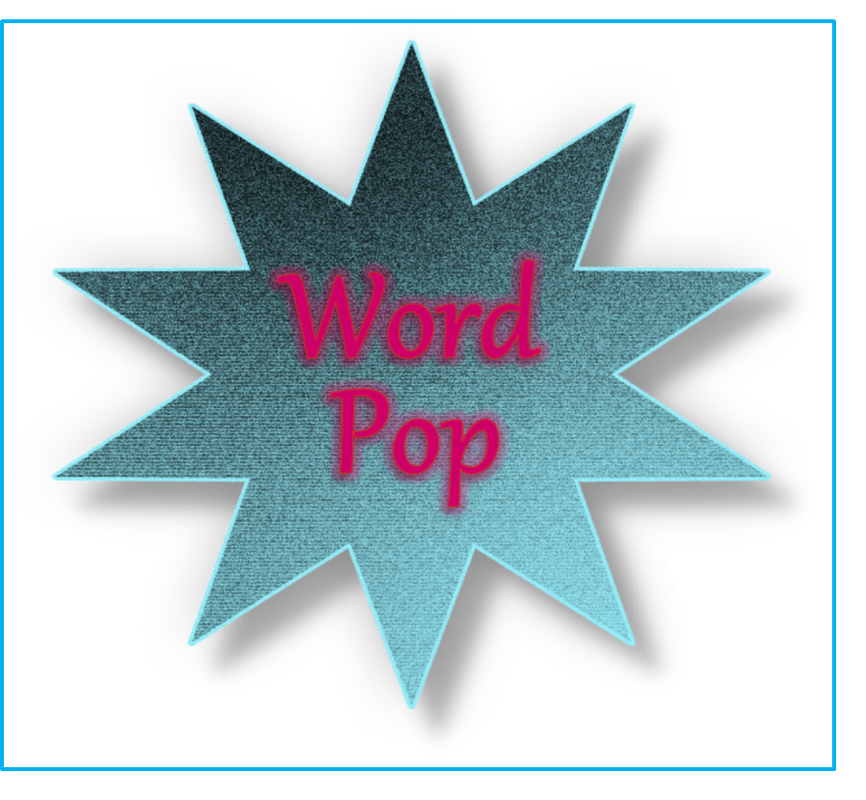
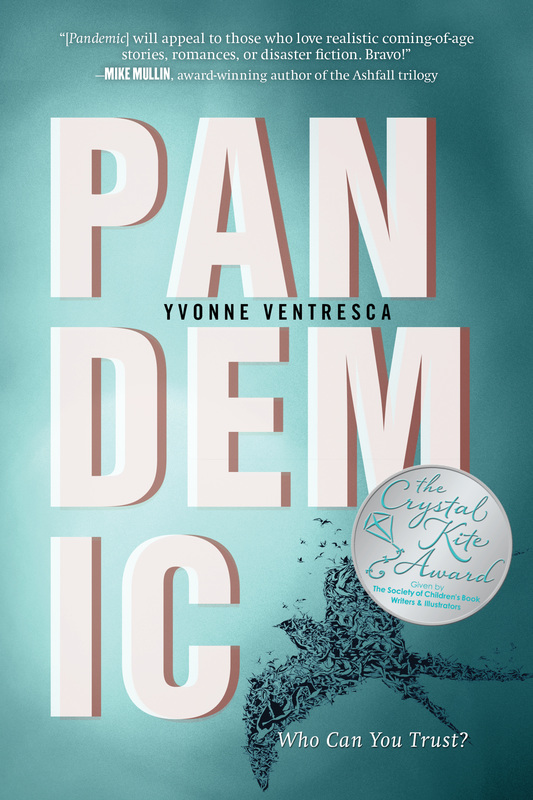
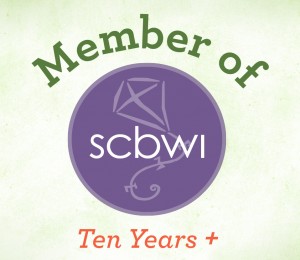

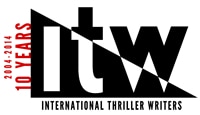
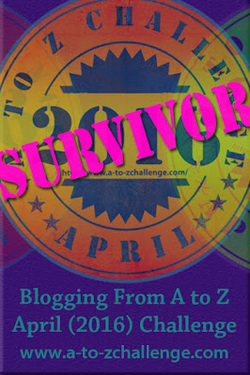
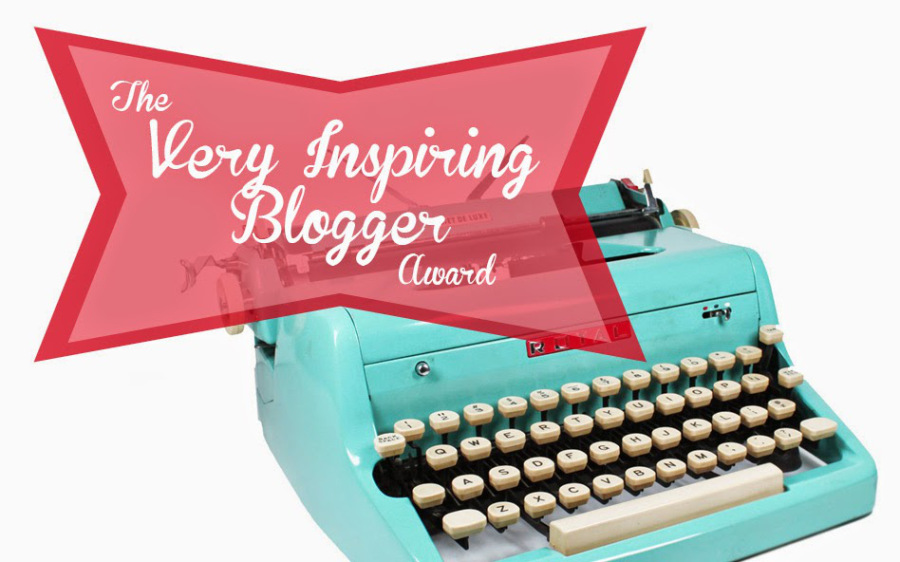
 RSS Feed
RSS Feed